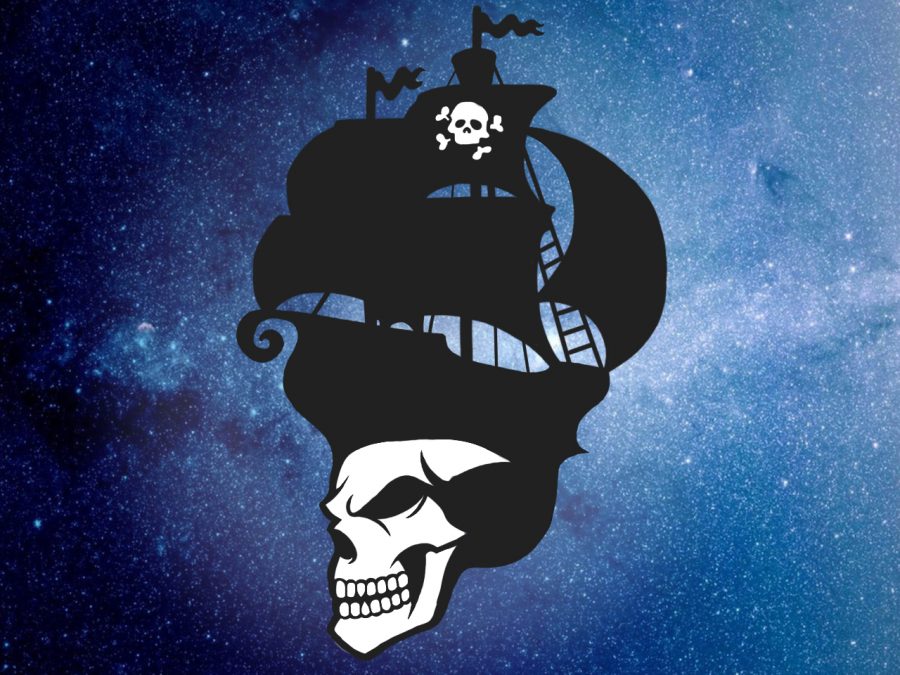Pirates: Then and Now
September 27, 2018
It’s no secret that Hollywood tends to romanticize things viewed through the lenses of real life that are much less appealing and sometimes downright criminal. Pirates in particular have gone through the Hollywood glamor treatment too many times to count. Though most people in recent generations would recognize them in the form of the Pirates of the Caribbean movie series. However, the truth is, being a swashbuckling sailor in the old days was a trial and often undertaken by those who had little or no other options. These criminals of the high seas still exist today, and though they have similar motivations of their predecessors, their methods are far different.
Modern day pirates operate primarily around Nigeria, Somalia, and the South China Sea. They use modern technology and high-power weaponry to target ships, generally ones with expensive goods or weapons. Their lives are lawless, violent, and volatile. Often they get hired for tasks by organized crime or governments. Despite the fact that piracy is commonly thought to have decreased hundreds of years ago due to stricter regulation and the increase of transportation methods that did not require boats, transoceanic trade and commerce has been a constant source of options for remaining pirates. Another way to get cash quick was to hold ships for ransom. Pirates today also tend to be linked to the developing world. Somalia in particular is known for its lack of any law enforcement and constant conflict. Another type of pirate are the environmental pirates who target boats that are participating in any activity that is actively harming the environment. While not overly bloody, they do ram ships and try to disturb the target’s operations. Regardless, there is little law in place due to the fact that often pirates attack in international waters, thus making prosecution difficult.
At the same time, pirates in the past were equally free to attack and plunder as they see fit. The earliest recorded instance of pirates were the Lukkans, who constantly attacked the Egyptian empire. Similarly, the Greeks suffered at the hands of the Cretans. Vikings, in their pillaging of British monasteries and villages, were also pirates in their own right. However, the ones we see in entertainment today are mainly based off those who operated between the 1500s to 1700s. Originally known as “sea dogs,” they were sent by Britain to terrorize Spanish ships, as Spain had dominated the seas a little too much for other European nations’ liking. Over time, some turned on their nations and instead, chose to capture ships and profit for themselves. The rampant crime died down a bit due to serious crackdown from various governments, but it remained as a sleeping beast until the 1990s.
Media turns rather criminal acts into ones that seem far more interesting and exciting than they likely are. Pirates are no exception. The struggles of constantly being at sea and the danger of being on a ship surrounded by turbulent crew makes piracy as something only appealing on the big screen.

